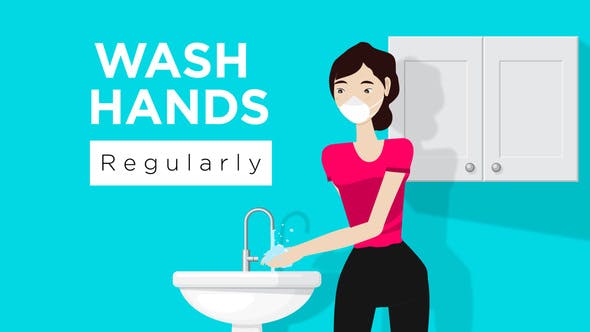

Avoid loading up on junk food and refined sugar. Get outside, such as a nature trail or your own backyard. Find an activity that includes movement, such as dance or exercise apps. Regular physical activity and exercise can help reduce anxiety and improve mood. Participate in regular physical activity.Stick close to your typical sleep-wake schedule, even if you're staying at home. Go to bed and get up at the same times each day. That's because these addictions can harm lung function and weaken the immune system, causing chronic conditions such as heart disease and lung disease, which increase the risk of serious complications from COVID-19.įor all of these reasons, it's important to learn self-care strategies and get the care you need to help you cope. People with substance use disorders, notably those addicted to tobacco or opioids, are likely to have worse outcomes if they get COVID-19. In reality, using these substances can worsen anxiety and depression. Some people have increased their use of alcohol or drugs, thinking that can help them cope with their fears about the pandemic. adults who report symptoms of stress, anxiety, depression and insomnia during the pandemic, compared with surveys before the pandemic. Surveys show a major increase in the number of U.S. And mental health disorders, including anxiety and depression, can worsen.

During the COVID-19 pandemic, you may experience stress, anxiety, fear, sadness and loneliness.


 0 kommentar(er)
0 kommentar(er)
